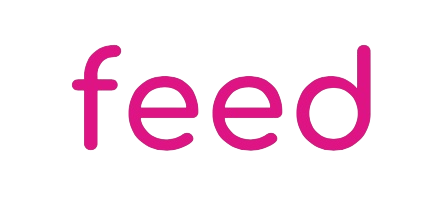
Donor Milk
Donor milk is human breastmilk donated from a mum to a milk bank and given to an infant not related to that mum.
In the UK we have 17 milk banks hosted by the NHS and regulated by the UK Association of Milk Banking. Milk banks coordinate the collection of breast milk from screened milk donors, pasteurisation of the breastmilk, storage and transportation of breast milk and distribution to mothers in need in line with our national clinical guidelines organisation NICE.
Milk banks prioritise babies who are born prematurely, as human milk plays an important role in reducing the risk of necrotising enterocolitis (NEC). Mothers undergoing certain treatments for short durations may be able to access donor milk to support their feeding choices. Find more about donor milk here.
What are the benefits of donor milk?
A recent systemic review found that preterm babies are less likely to develop necrotising enteritis (NEC) if they are fed donor breastmilk, but that they grow better (in weight and length) if they are formula fed. The researchers concluded;
Currently, there is no solid evidence demonstrating a significant advantage of donated breast milk over formula in the feeding of very low birth weight infants.
These findings were similar to those found in a previous study.
For babies born at term, there doesn’t seem to be as much evidence for differences in outcomes if they are fed donor breast milk or formula. Furthermore, the processing of donor milk, such as pasteurisation and freezing, which is required to ensure the milk is safe to drink, affects the composition of the milk.
Taking all these factors into consideration, it’s difficult to say whether pasteurised donor milk has any nutritional benefit over formula without further research.
Other considerations of using donor milk
You might want to consider the financial and environmental costs of donor milk versus formula, as well as availability.
Financially, donor milk is a good option as UK milk banks provide their services for free. There are some online operators selling donor breast milk, and informal breast milk sharing networks, but we strongly discourage the use of such services and networks as they are not regulated and you cannot guarantee the milk is safe for your baby to drink.
In terms of the environmental impact of different feeding options, there’s been some research in this area but the jury is still out. Breastfeeding is widely considered to be more environmentally friendly than formula feeding, although we had questions about the research methodology behind the most widely cited research paper. Also, we noted that the responsibility of reducing the carbon footprint of infant feeding lies with the industry, in a letter published in the British Medical Journal.
As research in this area increases, it’s looking like, on balance, taking everything into account, direct feeding from the breast is likely to have a lower carbon footprint than formula feeding. But when breastmilk is expressed and stored at home, or processed and transported via a milk bank, the carbon footprint is going to be higher than direct breastfeeding.
Are there any down sides?
Like all other feeding options, there are limitations of using donor milk, the most obvious being eligibility and availability. Although it’s becoming more available, donor milk is still a rare commodity and, as it’s especially needed for preterm babies due to their risk of NEC, it is often ring fenced for this group. At times when milk donations are plentiful, more babies can benefit, so if you live in an area where donations are high, you are more likely to be able to access donor milk if you meet the criteria.
Another issue when using donor milk is the potential for contamination. In the UK, all donor milk provided via milk banks is rigorously checked and has to undergo sterilisation. The breastmilk is stored and transported appropriately. To date, there have been no reported cases of donor milk provided by a milk bank in the UK causing harm to an infant. However, milk obtained in other ways have been associated with contamination risks, the most recent being a recall on NeoCare products.
Where can I find out more?
You can find out more about donor breast milk and how to access it at the UK Association of Milk Banking.
